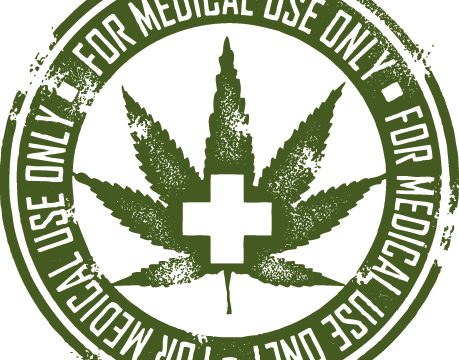Medical marijuana bill unlikely to pass this year; faces House scrutiny, Corbett opposition

By Eric Boehm | PA Independent
A Senate-passed bill to legalize medical marijuana as a possible treatment for a variety of ailments probably won’t reach Gov. Tom Corbett’s desk this year.
Republican leaders in the state House plan to scrutinize the proposal in a series of committee hearings before bringing the bill to the floor for a vote. Those committee hearings have not been organized — with only two scheduled days remaining in the fall session — and last week the GOP majority blocked a Democratic attempt to fast-track the bill to the governor’s desk.
NO MEDICAL MARIJUANA IN PENNSYLVANIA: Patients suffering from a variety of ailments could use cannabis to ease their pain, but state lawmakers and Gov. Tom Corbett remain skeptical of the bill.
Even if the bill did make it through the state House before the end of November, when the two-year legislative session ends, it would not get a warm welcome from Corbett.
“The governor is opposed to the legalization of marijuana for recreation or medicinal purposes,” said Jay Pagni, Corbett’s spokesman.
Corbett does support the creation of a pilot program that would allow children with severe seizures to access CBD, a by-product of cannabis also known by the euphemism “Charlotte’s Web,” provided the pilot program is closely monitored and available in a limited number of hospitals, Pagni said.
Legalization advocates lauded the Senate vote on medical marijuana as historic. Seeing a repeat performance in the state House will take more time.
House GOP leaders plan to hold at least a pair of hearings with the House Judiciary Committee and House Health Committee to examine law enforcement, regulatory and public health concerns with the bill.
Steve Miskin, spokesman for House Majority Leader Mike Turzai, R-Allegheny, said some Republicans are concerned about the creation of new bureaucratic agency, the State Board of Medical Cannabis Licensing, which would have authority over dispensaries. The Senate bill would give the new board broad authority to add new ailments to the list of medical marijuana-eligible diseases, which raises another point of concern.
Miskin said it would be unrealistic for the state House to adequately vet the bill in a few weeks after the state Senate spent months working on the measure before passing it in late September.
State Rep. Ed Gainey, D-Allegheny, offered an amendment last week that would have put the Senate’s medical marijuana language into a different bill, but House Republican leaders blocked that bill from reaching the floor as well — as sure of an indication as any that medical marijuana will not be on a “fast track” in the waning days of this session.
“Democrats will try to get this done in the final week of session and there is still hope,” said Bill Patton, spokesman for House Minority Leader Frank Dermody, D-Allegheny.
Patton predicted the bill would pass “by a wide margin” if it got a floor vote in the House.
But even that hypothetical situation would leave medical marijuana one important signature away from becoming legal in Pennsylvania.
Asked about the issue during last week’s third gubernatorial debate, Corbett said he viewed marijuana as a “gateway drug” and would not support legalization for recreational purposes, but he voiced support for the limited hospital study.
Tom Wolf, the Democratic gubernatorial candidate for the Nov. 4 election, called for legalization of medical marijuana and said the state should study the possibility of recreational legalization.
The Senate-passed medical marijuana bill would allow people suffering from cancer, epilepsy, seizures, Parkinson’s disease, ALS, MS, PTSD and other brain and neurological diseases to use medical marijuana.
But that doesn’t go far enough, say some advocates for legalization.
“This approach leaves too many patients out in the cold from the outset. It certainly is not the final product I wanted to see made into law,” said Derek Rosenzweig, a member of the board of directors of PhillyNORML, a pro-legalization group.
Rosenzweig said he preferred an earlier version of the Senate bill that would have also legalized medical marijuana for people suffering from chronic pain, glaucoma, AIDS, diabetes and recurring migraines. He said the bill sets licensing fees too high for some potential patients.
Even with those limitations, an expected 250,000 Pennsylvanians would sign up for a medical marijuana license, according to an analysis from the Senate Appropriations Committee. To obtain cannabis, consumers would have to pay $100 for a special license.
Polls indicate a vast majority of Pennsylvanians — as much as 85 percent in one recent survey — support the legalization of medical marijuana.







